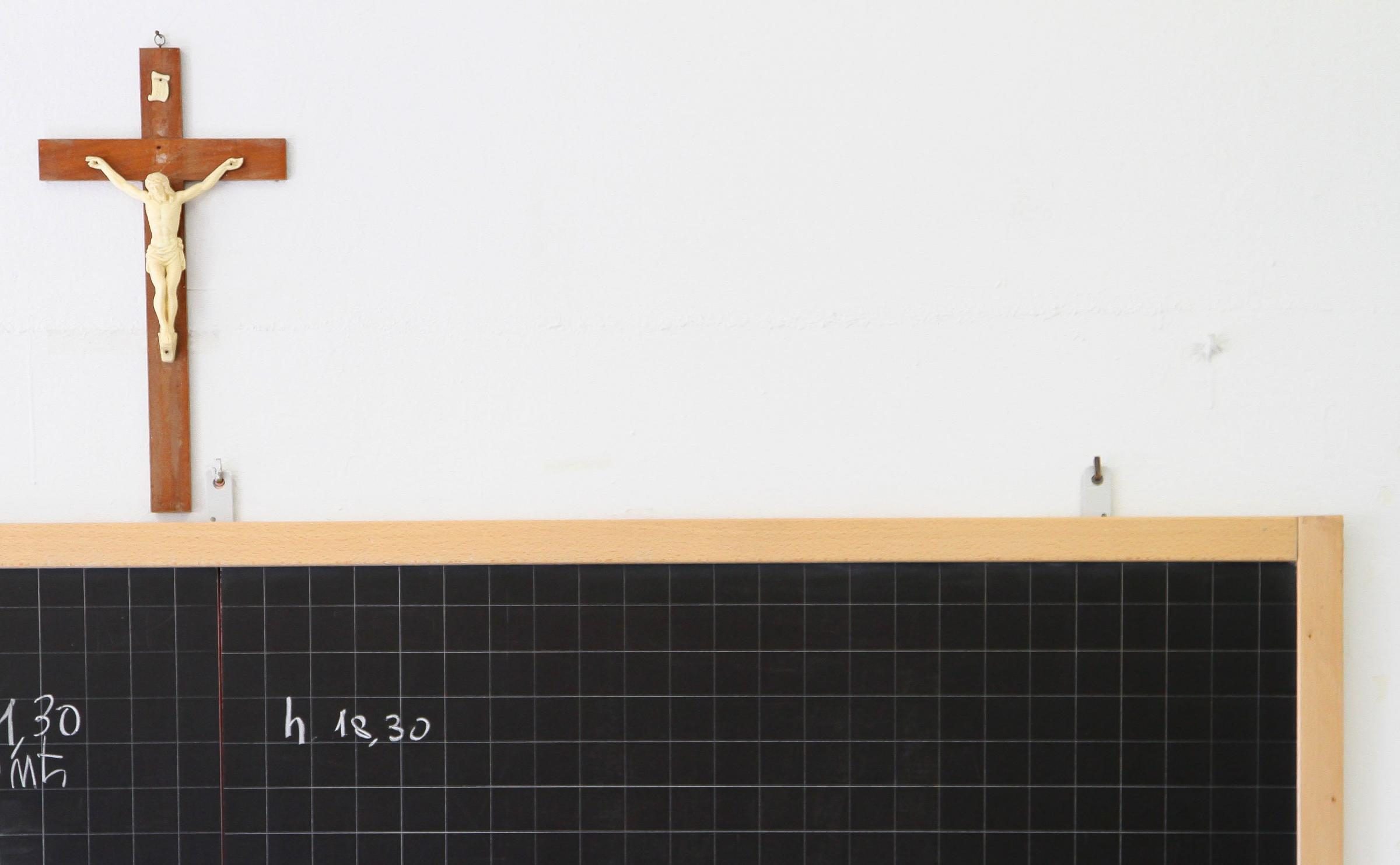Italian Supreme Court of Cassation, Labour Section, No. 19618/2020, 18 September 2020

On September 18, 2020 the Supreme Court of Cassation addressed the extensively debated issue of the display of the crucifix in public schools.
The Judges issued an interlocutory order, referring to the United Sections the dispute brought by a high school teacher, who had been imposed a suspension of 30 days for having removed the crucifix from the classroom, during the hours in which he had his lessons.
The suspension was imposed after the principal of the school had ordered the teacher to abide by the majority decision of the assembly of students, who were favorable to the crucifix presence in the classroom.
In the order of referral to the United Section, the Judges noted that the appeal brought by the professor concerned issues of a very delicate legal nature, recalling a balance in the school environment between freedom of teaching and respect for the conscience of the students. Thus, to find a solution, it is necessary to take into account the various opinions expressed by the Court of Cassation, the administrative courts, the Italian Constitutional Court, but also the supranational courts – with particular regard to the European Court of Human Rights – in relation to the meaning of religious symbols, the principle of the secularity of the State, the protection of religious freedom, the discriminatory nature of acts or facts of the employer able to put an employee in a position of clear disadvantage, as a consequence of his religious belief.
It seems appropriate to point out, however, that order here in analysis does not resolve the case, requiring instead the intervention of the United Sections to unravel an issue that has long been waiting for a clear answer and to find a "reasonable accommodation" and avoid "authoritarian" solutions.
(Comment by Alessandro Cupri)

